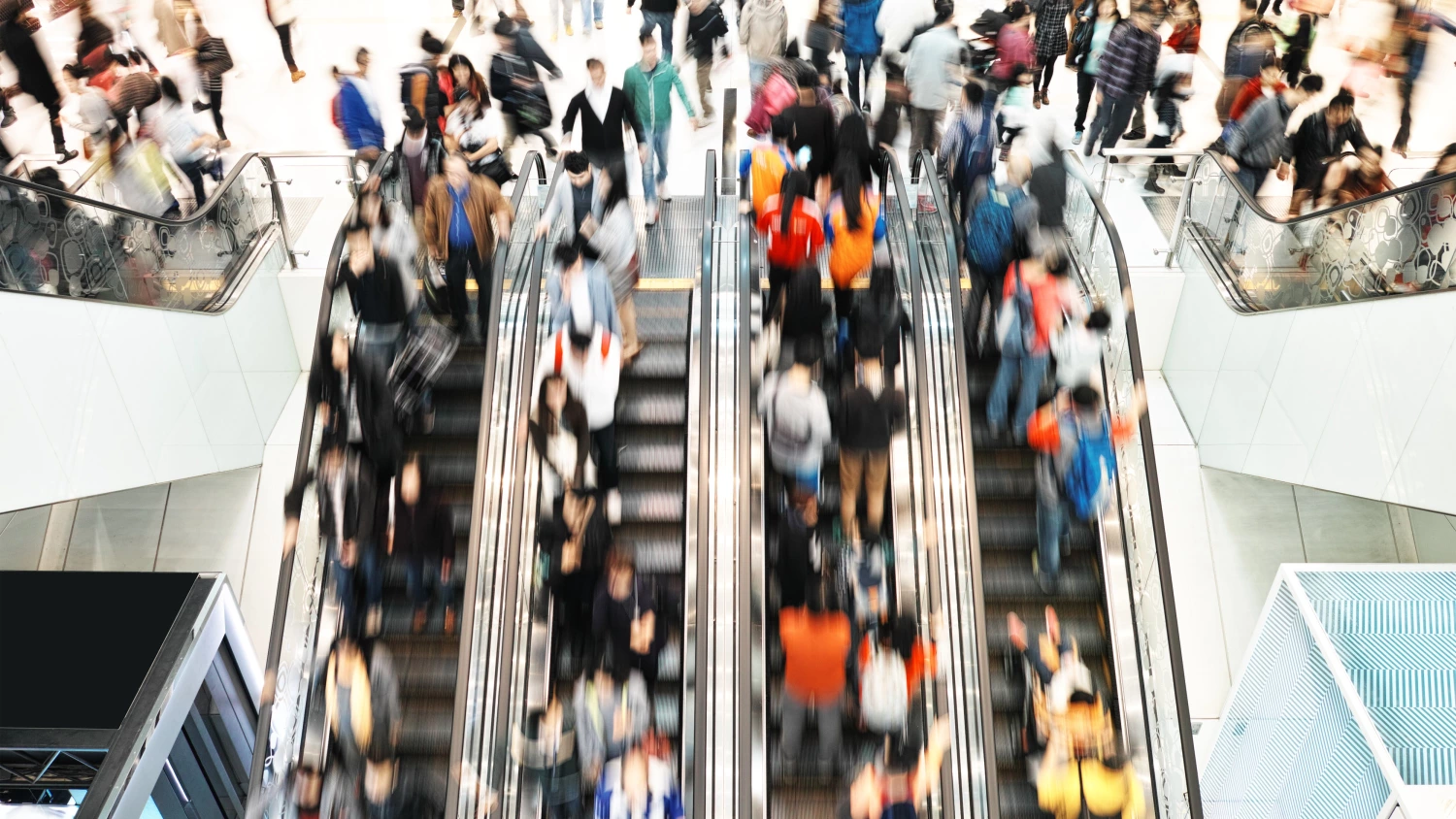
Retail is among the real estate sectors most affected by the COVID-19 crisis. As most stores have been ordered to close across Europe, retail landlords face an unprecedented challenge. Duarte Cabral, Deputy Managing Director EMEA at Sonae Sierra shared with us his initial impressions on this rapidly evolving situation.
How has COVID-19 affected your operations so far?
The safety of our visitors and workers in shopping centres, as well as our staff, remains our top priority. We are continuously monitoring the situation in high alert and in close guidance with expert authorities, so we implement all the specific safety measures indicated by the health authorities in every country where the company operates.
All countries have implemented measures, but each one has dedicated implementation according to the local scenario and the local authorities and health recommendations. Overall, only essential retail remains opened to serve the local inhabitants and respecting the safety and health guidelines of each location.

Duarte Cabral
Deputy Managing Director EMEA
Sonae Sierra
Are you seeing different trends (consumer reactions) across the different markets you operate in?
It is still premature to assess any specific market trend in retail as the only commercial activities are focussed on essential goods and services (supermarkets & pharmacies). Also, these essential goods and services consumption differ mostly according to cultural habits and local availability. I would say food consumption choices are the ones that show the most difference because of regional customs.
All other trends are quite hard to forecast, but we believe we will see an increase on local production: “back to basics” and a health & safety conscience that will prevail on all shopping decisions. Therefore, we should see more sustainable and socially responsible focus across all real estate formats and retail sectors.
When do you expect things to go back to normal? What are your projections for the rest of 2020?
At this moment we are seeing governments starting to act or strengthening measures across Europe in other to contain the pandemic. The situation evolves rapidly every day, and no one knows when we can have it controlled. It would be very precipitate to take any consideration on timing and impact during the moment we are living.
This is a period where the focus must be on the safety of our customers, employees and tenants and the safeguard of our assets. Therefore, we will continue to monitor the situation and implement all necessary measures indicated by the health authorities, even if this means restricting our activities further, in the interest of the whole community.
Can the current lockdowns change consumer habits in the long run?
Most probably. But as we don’t know yet the extent of the pandemic and its impact on the society and the economy, we cannot preview the depth of change in consumer habits for the long run.
One thing comes clear: things will not go back to “business as usual”, although people were at the centre of our business and will continue to be even more.



